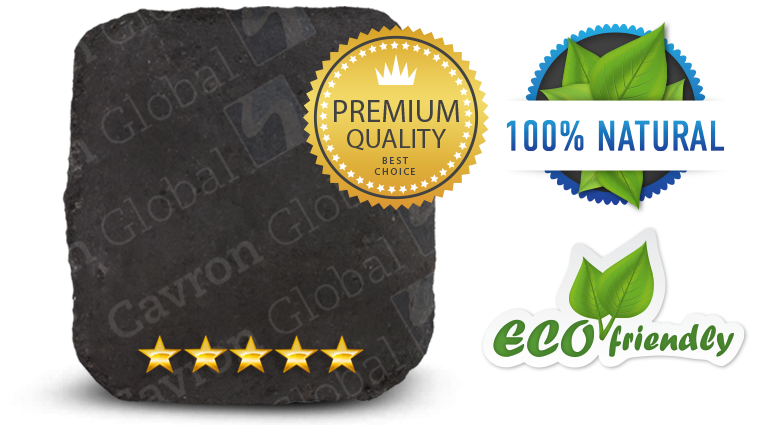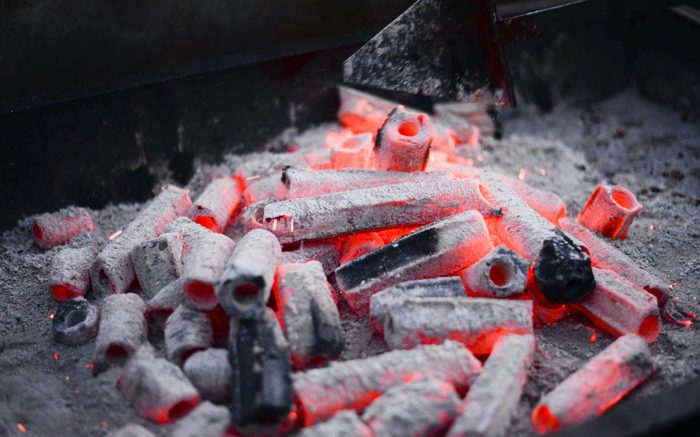Charcoal briquettes are a popular choice for grilling enthusiasts, but have you ever wondered about their environmental impact? In this article, we’ll dive into the eco-friendliness of charcoal briquettes, examining their production process, sustainability, and how they stack up against other grilling options.
The Charcoal Briquette Production Process
To understand the environmental impact, let’s start with how charcoal briquettes are made:
The Raw Materials
Charcoal briquettes are typically manufactured from wood by-products, such as sawdust, wood chips, and even agricultural waste. These materials are often considered sustainable, as they make use of leftovers from other wood-related industries.
Binding Agents and Additives
To form the briquettes, binding agents like starch are added. Some briquettes may also include additives for easier lighting. While these additives are generally safe, their environmental impact can vary depending on their source and quantity.
Sustainability and Responsible Sourcing
Sustainable Forestry Practices
The sustainability of charcoal briquettes largely depends on the source of the wood. Many manufacturers prioritize responsible sourcing, ensuring that the wood used in briquette production comes from sustainably managed forests. Look for certifications like FSC (Forest Stewardship Council) to support eco-friendly options.
Carbon Footprint Considerations
One environmental concern is the carbon footprint associated with transporting briquettes. Choosing locally sourced briquettes can reduce transportation emissions and support local economies.
Comparing Charcoal Briquettes to Lump Charcoal
Lump Charcoal: A Natural Alternative
Lump charcoal, often considered a more natural option, is made from hardwood pieces without additives. While it can produce high heat and a unique smoky flavor, it may have a higher price point and may not be as readily available as briquettes.
Environmental Trade-offs
Both briquettes and lump charcoal have environmental trade-offs. Briquettes utilize wood by-products and can reduce waste, but they may contain additives. Lump charcoal is more natural but might have a higher environmental impact during production due to the use of larger hardwood pieces.
The Role of Individual Actions
Sustainable Grilling Practices
Regardless of your charcoal choice, you can adopt sustainable grilling practices. Use a chimney starter instead of lighter fluid, which can release harmful chemicals. Additionally, consider reducing waste by reusing charcoal for subsequent grilling sessions.
Responsible Disposal
Properly dispose of ash and used briquettes to prevent environmental harm. Wood ash can be used as a soil amendment in your garden, offering a sustainable solution for disposal. Making an Informed Choice
The environmental impact of charcoal briquettes is not black and white. While they can be made from sustainable sources and reduce waste, they may contain additives and have associated transportation emissions. Lump charcoal offers a more natural alternative but may have production-related environmental impacts.
Ultimately, making an informed choice involves considering the source of your charcoal, its certifications, and your grilling practices. By prioritizing eco-friendly options and responsible grilling habits, you can enjoy your outdoor cooking while minimizing your environmental footprint.


